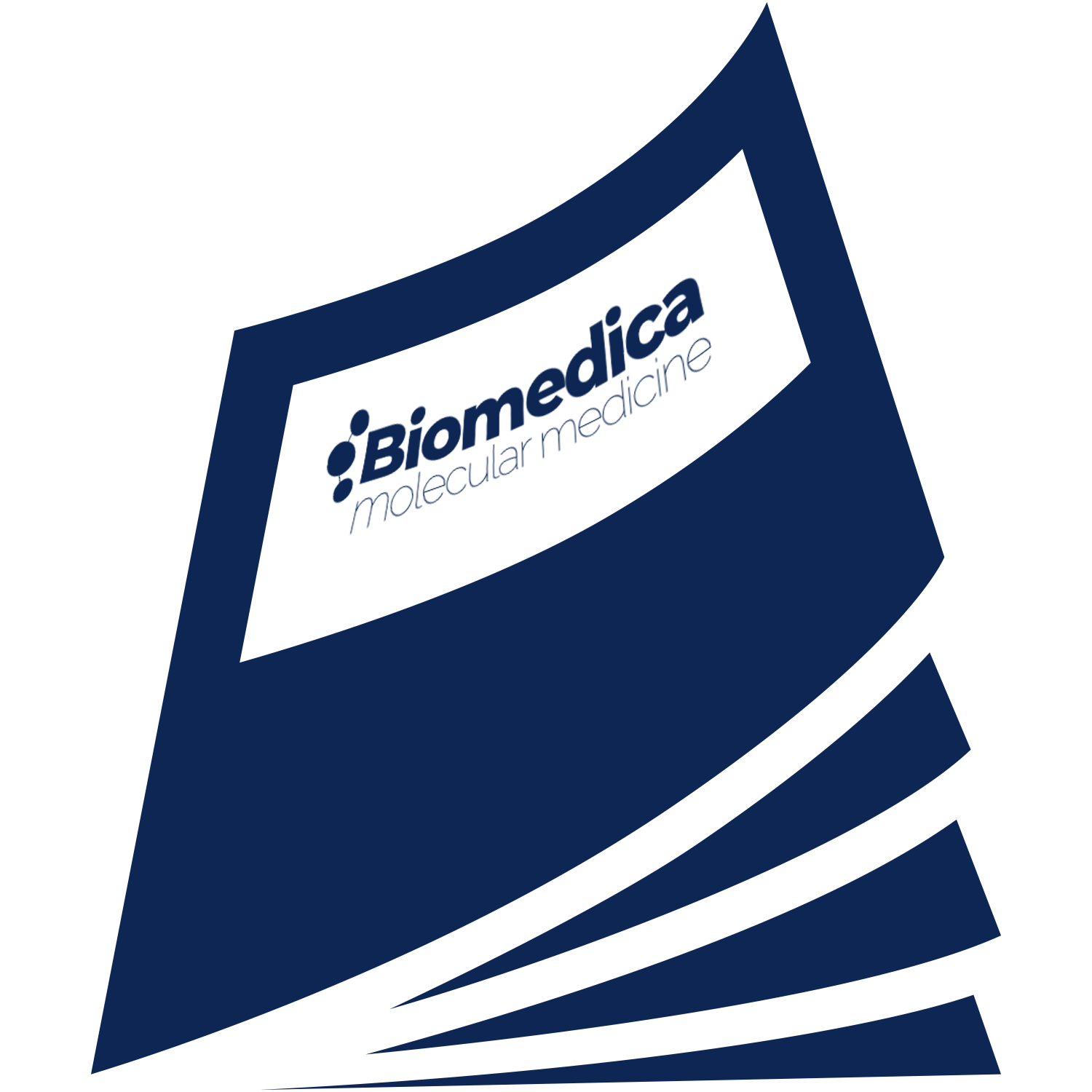Trilla-Fuertes et al.
ONCOTARGET 8 enero, 2018
Metabolic reprogramming is a hallmark of cancer. It has been described that breast cancer subtypes present metabolism differences and this fact enables the possibility of using metabolic inhibitors as targeted drugs in specific scenarios. In this study, breast cancer cell lines were treated with metformin and rapamycin, showing a heterogeneous response to treatment and leading to cell cycle disruption. The genetic causes and molecular effects of this differential response were characterized by means of SNP genotyping and mass spectrometry-based proteomics. Protein expression was analyzed using probabilistic graphical models, showing that treatments elicit various responses in some biological processes such as transcription. Moreover, flux balance analysis using protein expression values showed that predicted growth rates were comparable with cell viability measurements and suggesting an increase in reactive oxygen species response enzymes due to metformin treatment. In addition, a method to assess flux differences in whole pathways was proposed. Our results show that these diverse approaches provide complementary information and allow us to suggest hypotheses about the response to drugs that target metabolism and their mechanisms of action.
Keywords: breast cancer; flux balance analysis; metabolism; perturbation experiments; proteomics.


